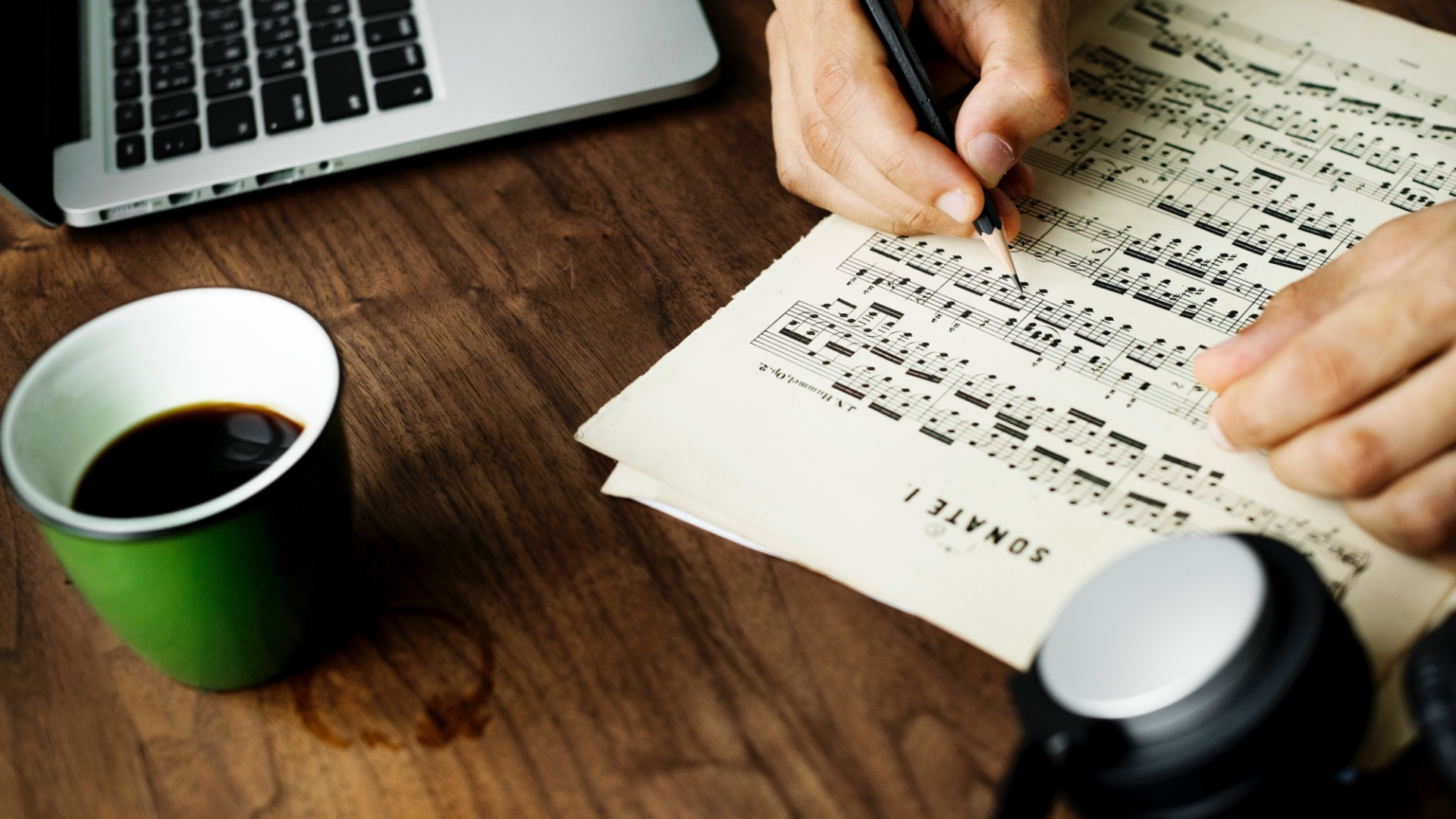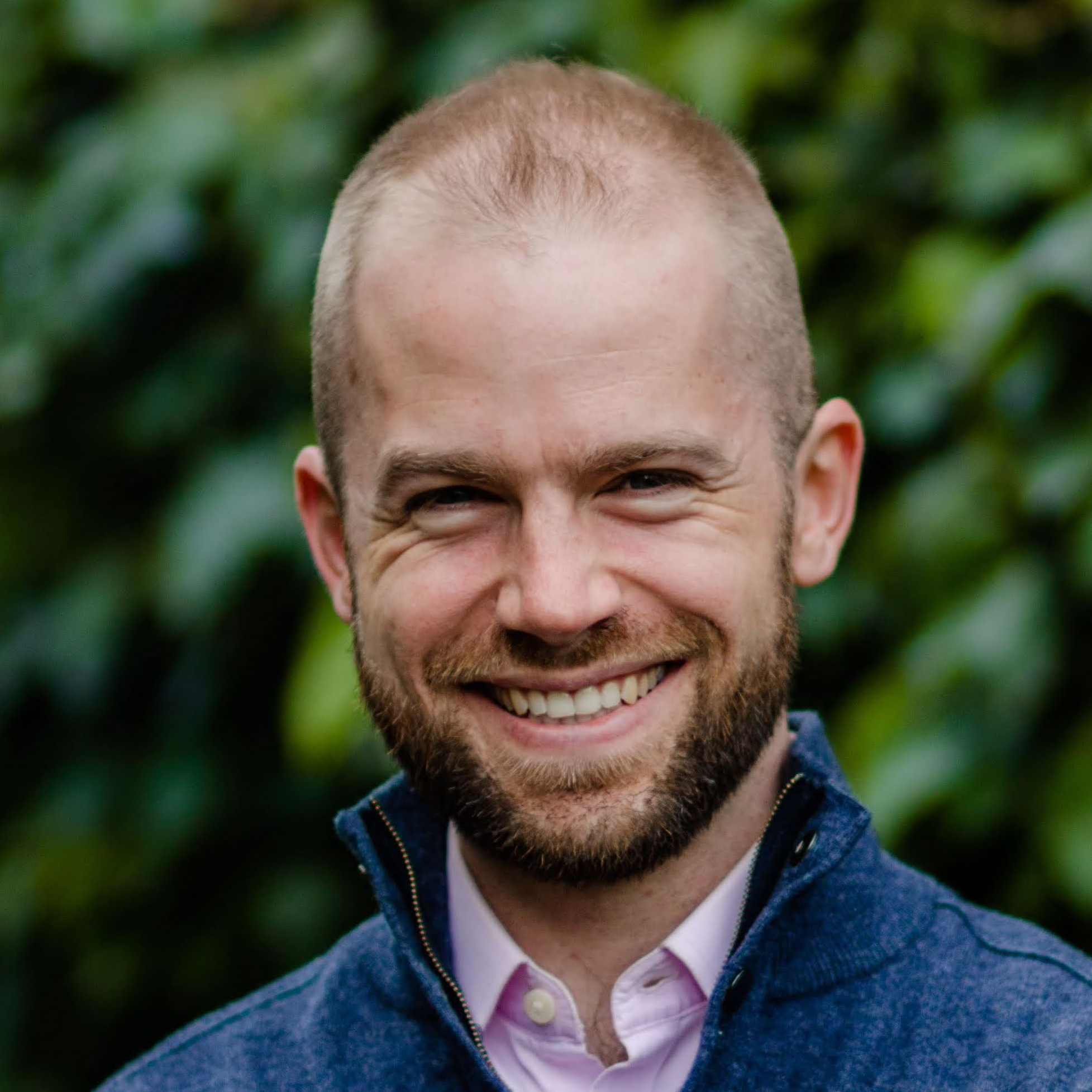
Commissioning music can seem daunting but, in reality, it just boils down to what you need mixing with what you want. If you need a brand new piece for your program, what do you want in order to make it extraordinary? If you want a commission for the first time, what do you need in order to be informed and protected?
Predetermined vs Open-Ended Commissions
Before we get to specifics, there are two tracks a chorus can take when inquiring about a commission: predetermined and open-ended.
Predetermined means that your program could be pretty much set but you want a new piece for an open slot. Open-ended means that you want to commission but have no idea how the piece will end up.
There’s a lot of gray in between these, but generally, you want to know where you are on that spectrum before you bring the questions below to your prospective composers.
Once you know what you want out of the final product, here are five questions, at minimum, a chorus should ask their prospective composer before signing the dotted line:
Questions to Ask The Composer
1. Are you available to compose this piece within the required timeframe, and if not, when is your next available commissioning slot?
Composers are self-employed and therefore have irregular schedules based on their writing timelines (we’ll get to that in a minute). So the most important thing to ask is whether they’re available to write the piece in your given timeframe. Start with the date and get to specifics later (see #2 below).
Quick tip: Believe it or not, if a composer isn’t available for your programming date, they will likely still want to write for your ensemble. Don’t be afraid to think even further down the line if it means you’ll get to inventing something special with a composer!
2. What does your writing schedule and timeline typically look like?
A composer’s timeline gives you a sense of how they work. Some composers spend two weeks writing a piece, others seven months. Make sure you know this going in so you don’t get nervous if you haven’t heard from them, and if you’d prefer to hear from them before the deadline, add a check-in on the contract (see #4 below).
3. What’s your fee?
This seems scary, but it shouldn’t be. Everyone works for a fee, and some fees, like these, are negotiated.
Composers calculate their fee based on instrumentation, timeframe, difficulty, and other factors. Sometimes they’ll give a rate per each finished minute of music or a flat rate, so make sure to clarify with them (aka it might be more expensive or cheaper than you think!).
Also keep in mind that many composers prefer more in-depth experiences than just a transaction (see #5 below), and that can lead to a great financial agreement. If the composer quotes a piece at $3,000, but you ask about a residency if the piece had a discount–say, $2,500 and $750 for the residency–you could potentially pay only a little more and get way more out of the experience.
No matter what, though, it’s important to be honest about what you can afford. Ideally the composer understands and continues the conversation so that both parties benefit from the end result!
4. Do you have a contract, and if so, can we review it?
Most composers have some sort of contract they’ve used in the past. Reviewing this will fill in the gaps between the three questions above, and ideally it will also let you know what they expect with regard to the following areas:
A. Performance/Recording/Publishing Rights
As a sole commissioning ensemble, it’s fair to ask that you have the right to premiere the piece. If you’re in a consortium, that may not be the case. Ask if you can have the right to first recording, and make sure to clarify that the composer reserves the right to publish the work.
B. Check-ins During the Writing Process
Ask how you will be included in the process. This doesn’t need to be complicated. If the composer prefers to just write it, get you a customary rough draft in advance (see letter D below), and deliver on time, that’s fine. If you’d prefer to have a check-in somewhere between contract signing and that rough draft, you’ll need to ask for it. Every composer’s process is different, and there’s a delicate balance between being informed and being pushy.
C. Financial Protections
Composers often ask for an advance, usually half of the commission fee up front, half when the final draft is delivered. This protects them from an organization that isn’t really invested, and it protects you from a composer that isn’t being honest about their process (see letter D below). If you can’t afford a certain amount up front, figure out a payment schedule that works for them.
D. Schedule Protections
Similar to C above, make sure you have a rough draft date set so there’s no question about the end result. That said, don’t use this as an opportunity to impress a completely different vision on the piece. Ideally, you and the composer have talked out the different aspects of the work and are on the same page.
E. Legal Notices
The word “legal” might make you sweat, but don’t let it. It’s important for all parties to protect themselves in case you both end up in a strong disagreement about something. For the very rare chance that happens, make sure you know how legal fees will be distributed.
IMPORTANT TIP: If they don’t mention one or more of these above, ask them to put a clause in their contract for it.
5. What else can we do to make this memorable?
This is quite possibly the most understated and underused question for commissioners. The idea that a commission is solely a transaction is old news. If newly-commissioned works inspire all parties involved, imagine what it will be like for choristers to meet the artist, get to know them as a person, and grow those relationships over time! Even if it means a few Skype check-ins or a full-blown residency, investing in the process changes lives.
Above all, it’s both what you need and what you want. If you cover your bases and make sure both parties are protected, everyone will have a meaningful experience.
Special thanks to Paul Rudoi, CEO of Consortio, for this guest post. Consortio is a new website designed to make commissioning music easier, faster, and better for composers, conductors, and ensembles. Check it out!

Paul John Rudoi is a vocal entrepreneur, singing professionally with contract choirs across the nation, writing choral works for ensembles worldwide, and advocating for new music trends, resources, and issues. He is most recently the CEO of Consortio, a consortium-building website designed to make commissioning easier, faster, and better for composers, conductors, and ensembles.

